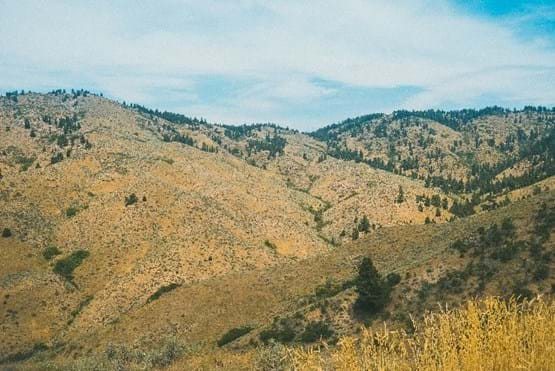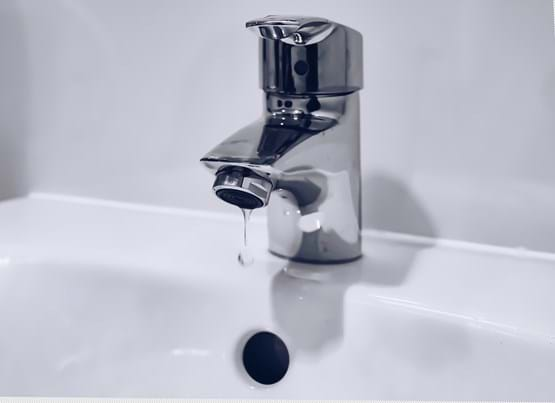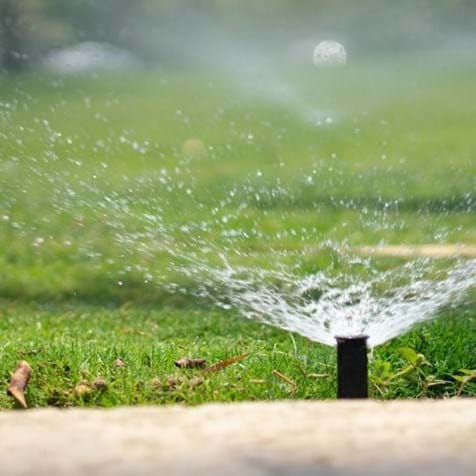What is drought, and how does it affect Boise?
Drought is a period of time when an area or region experiences below-normal precipitation and may last for weeks, months, or even years. In Boise, dry summers that follow dry winters can potentially cause drought. Low winter precipitation leads to reduced mountain snowpack, which results in lower stream flows during spring and summer, decreased reservoir storage, and reduced water supply through the warm and dry season. When this happens, it causes water shortages for municipal and agricultural use. It’s always important to conserve water, but it’s even more important during a drought. If drought is declared in Boise, go the extra mile to save water.


Save Water Indoors
Fix a Leak:
- Small household leaks can add up to gallons of water lost every day. Check your plumbing fixtures and irrigation systems every year.
In the Bathroom:
- Turn off the tap while shaving or brushing teeth.
- Showers use less water than baths…especially a short shower.
- Use water-saving showerheads.
In the Kitchen:
- Use your dishwasher to wash your dirty dishes and wash only full loads. Washing a full load of dirty dishes in the dishwasher uses less water than washing dishes manually.
- If you wash dishes by hand, plug the drain and don't leave the water running for rinsing.
- Keep a pitcher of drinking water in the refrigerator instead of letting the faucet run until the water is cool.
- Thaw food in the refrigerator overnight rather than using a running tap of hot water.
- Add food waste to your compost pile instead of using the garbage disposal.
In the Laundry Room:
- Run your washer only with a full load of laundry. If your washer is older than 14 years, consider upgrading to a more water efficient model.

Save Water Outdoors
- Limit outdoor watering with sprinklers to two days a week.
- Use Drip Irrigation System – minimal evaporation, drips directly to the roots of plants.
- Water your lawn longer but less frequently to allow for deeper watering of plant roots.
- Adjust sprinklers to avoid overspray on to the sidewalk or pavement.
- Schedule your watering early in the morning or late in the evening.
- Try xeriscaping! Choose low-water landscaping and reduce outdoor water usage by up to 50%.
- Use a broom instead of a hose to clean sidewalks and driveways.
- Don't let the garden hose run when you wash your car. Use a self-closing hose nozzle.
Conduct a Home Water Audit
Borrow our water audit kit to measure indoor and outdoor water usage and get the tools to make water-saving changes. Free shower head, toilet dye and faucet aerators.
